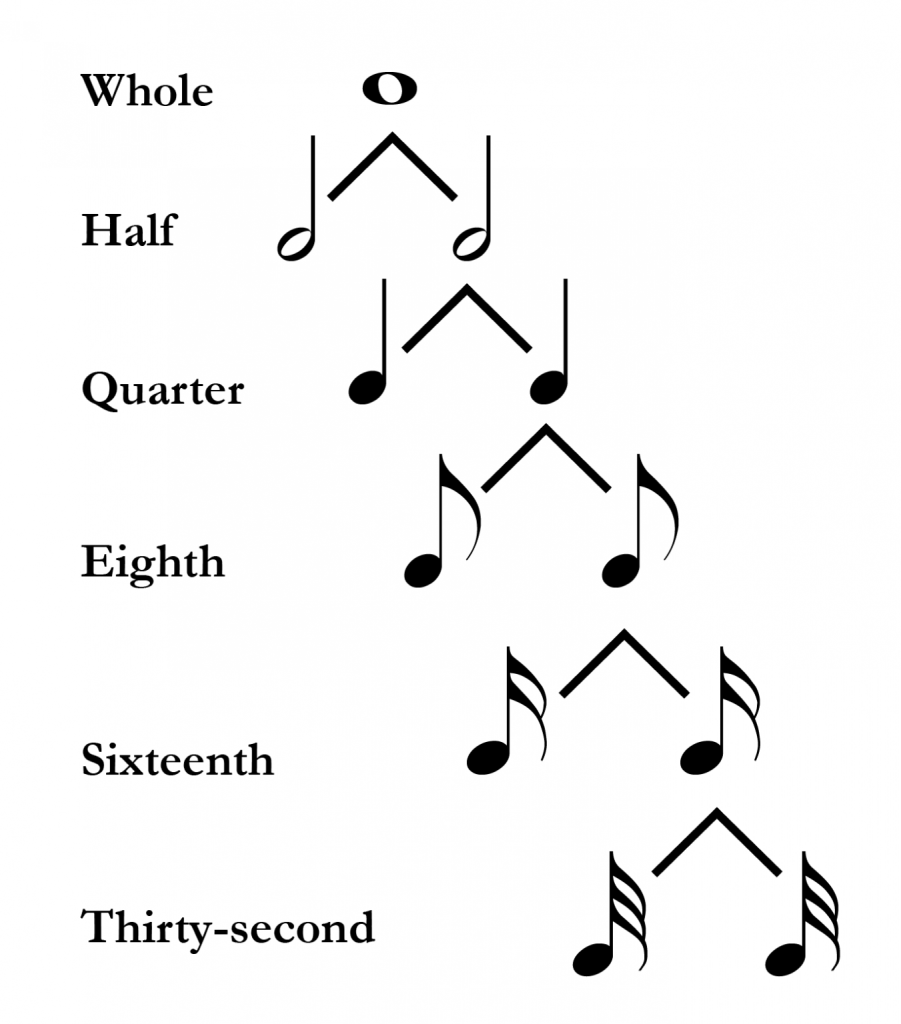Week Seven
ASSESSMENT AND LEARNING MODELS

Sample Learning Scenario – Students in an in-person music theory class were assessed during class quite frequently, the instructor asks questions often, encourages discussions, and gives instant feedback – these are formative assessments. Since converting this course online Instructional Designers had to work hard to mimic these formative assessments using a combination of discussion groups, cooperative treasure hunts of Spotify music for specific concepts, along with all manner of innovative engaging project-based tools. However, it was still important to find ways to provide real-time feedback. In music theory, it is important that the lecture material be followed in rapid succession by audio examples so the concepts stick and become more memorable. However, some aspects of the course do not need to contain accompanying music and or musical demonstration, reading sheet music for example still requires much rote memorization. To this end, we have incorporated the ideas from GAMIFICATION to create more fun, like the competitive but ungraded Know Your Notes game link above and the match game below.
Authentic Assessment – At mid-semester, the students share a performance of music of their choosing and present music theory alongside it. In the in-person environment, a student would bring an instrument or a video of a band playing a favorite song or similar, and comment on the theory as it applies to the performance in real-time. In the online asynchronous environment, this presents quite a challenge. Yet, they do the same by annotating or creating a transcript alongside a musical performance (their own or someone else’s) highlighting pertinent applicable theory. This digital presentation can be time-consuming and very software-dependent for the students, but it has opened up several new and creative ways to present musical content. In preparation for this very large presentation, we chunk the material into a series of smaller steps.
Summative Assessment – The final exam at the end of the semester is an online exam featuring both music samples that must be categorized along with other basic questions and a long section about sheet music notation. Again, this is the rote memorization requirement mentioned earlier. To master this we have utilized Behaviorist theory ideas of repetition and pneumonic devices, but also wanted to make practicing what they’ll need to know through online fun. Play the practice drag-and-drop quiz below to get a sense of our formative assessment attempts to date.
GAMIFICATION
WORKS CITED INSTRUCTIONS BACKGROUND IMAGE Hamm, C., Gotham, M., & Hughes, B. (2021, July). Notating Rhythm. Pressbooks.pub; Pressbooks. https://viva.pressbooks.pub/openmusictheory/chapter/notating-rhythm/ https://viva.pressbooks.pub/app/uploads/sites/12/2019/05/durations-1-1351x1536.png HALF STEPS AND WHOLE STEPS GAME INSTRUCTIONS AND PRACTICE GAME Hamm, C. (2021, July). Half Steps, Whole Steps, and Accidentals. Pressbooks.pub; Pressbooks. https://viva.pressbooks.pub/openmusictheory/chapter/half-and-whole-steps/

